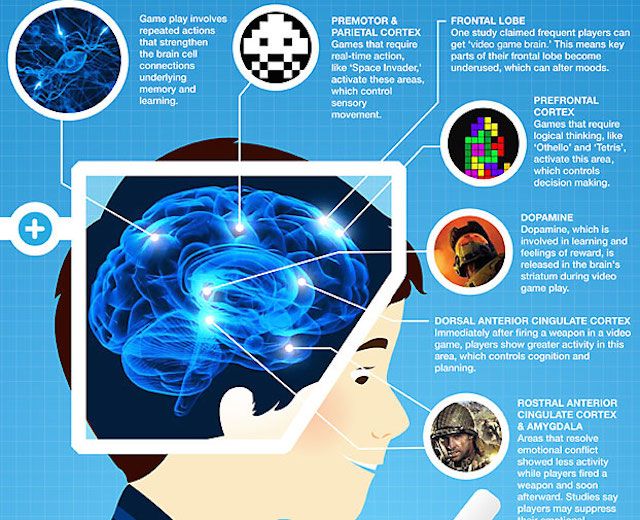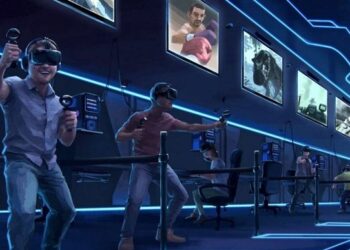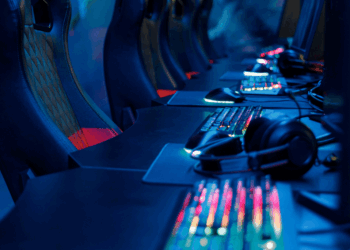For decades, the cultural narrative surrounding video games was predominantly negative, painting a caricature of an isolated, unhealthy individual staring blankly at a screen.
The conversation was dominated by concerns over addiction, aggression, and social withdrawal. Here in 2025, that outdated stereotype has shattered.
A significant cultural and scientific shift, accelerated by a world seeking connection, has reframed our understanding.
We now recognize gaming not as a monolithic vice, but as a complex, powerful, and remarkably accessible tool that, when used mindfully, can offer profound positive benefits for our mental health.
The discussion has evolved from a simple “good vs. bad” debate to a nuanced exploration of how different types of play impact our minds.
Groundbreaking research from institutions worldwide is validating what millions of players have anecdotally known for years: gaming can sharpen our cognitive skills, help us regulate our emotions, forge powerful social bonds, and build a resilient sense of self. It has become a digital sanctuary, a cognitive gymnasium, and a community center all rolled into one.
This article delves deep into the science-backed and evidence-based ways that interactive entertainment positively impacts our mental well-being.
We will explore the cognitive enhancements fostered by strategic play, the emotional relief found in immersive worlds, the crucial social connections built through cooperation, and the psychological resilience forged by overcoming virtual challenges.
We will also address the associated risks, providing a framework for healthy, mindful gaming that unlocks its full therapeutic potential.
The Cognitive Gym: Sharpening the Mind Through Play
One of the most extensively researched benefits of gaming lies in its ability to enhance a wide range of cognitive functions.
Far from being a passive activity, gaming actively engages and challenges our brains, leading to measurable improvements in key areas.
Think of it as a workout for your mind, where each session strengthens different mental muscles.
A. Enhanced Problem-Solving and Strategic Planning
Games are, at their core, a series of problems to be solved. Strategy games like Civilization VI or Stellaris require players to manage complex systems, allocate resources, and think dozens of steps ahead, directly engaging the prefrontal cortex, which is responsible for decision-making and planning.
Similarly, puzzle games like Portal 2 or The Witness train players in lateral thinking and creative problem-solving, forcing them to approach challenges from multiple, non-obvious angles.
This cognitive training translates into real-world skills, improving our ability to strategize and find solutions in our academic and professional lives.
B. Improved Cognitive Flexibility and Multitasking
Cognitive flexibility is the brain’s ability to switch between different tasks or concepts. Fast-paced action games, from team-based shooters like Valorant to frantic cooking simulators like Overcooked, demand this skill.
Players must simultaneously track enemies, manage abilities, communicate with teammates, and monitor objectives.
This constant mental juggling has been shown to improve a player’s ability to multitask effectively and adapt to rapidly changing situations in the real world, making them more agile thinkers.
C. Sharper Memory and Attention to Detail
Sprawling open-world Role-Playing Games (RPGs) like The Witcher 3: Wild Hunt or Cyberpunk 2077 are exercises in memory and attention.
Players must remember character names, questlines, complex lore, and geographical layouts of massive worlds.
They must also pay close attention to the environment to find hidden items or clues.
This sustained focus acts as a powerful workout for both short-term and long-term memory, improving our ability to retain and recall information.
D. Faster and More Accurate Decision-Making
Numerous studies have demonstrated that players of action-oriented video games can make decisions more quickly and with a higher degree of accuracy than non-gamers.
In high-stakes situations within a game, a player is forced to process incoming visual and auditory information, weigh risks and rewards, and execute a decision in a fraction of a second.
This high-speed processing loop trains the brain to become more efficient at making rapid, well-informed judgments under pressure.
A Sanctuary for the Soul: Emotional Regulation and Stress Relief
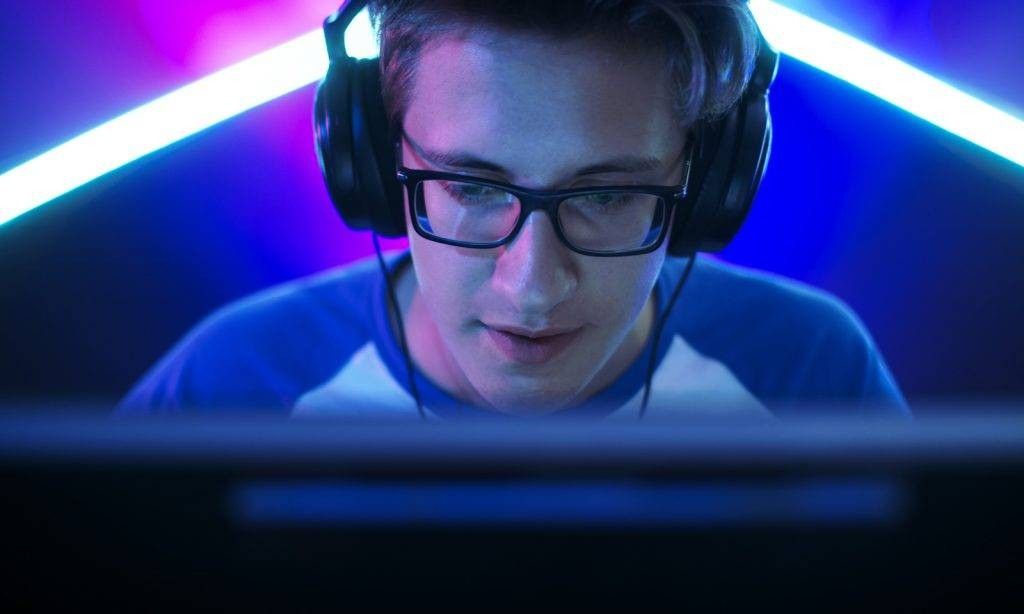
Beyond cognitive gains, gaming offers powerful therapeutic benefits for managing our emotional landscape.
In a world filled with constant stress and anxiety, immersive game worlds can provide a much-needed sanctuary and a set of tools for emotional regulation.
At the forefront of this is the psychological concept of “flow state.” Coined by psychologist Mihaly Csikszentmihalyi, flow is a state of being fully immersed and energized in an activity, where time seems to fade away. Gaming is a perfect catalyst for achieving flow.
The clear goals, immediate feedback, and balanced challenge of a well-designed game fully absorb our attention, pushing aside anxious thoughts and worries.
This deep engagement can lead to a significant reduction in cortisol, the body’s primary stress hormone, making gaming a powerful and active form of relaxation.
Furthermore, gaming provides a healthy and structured form of escapism. Unlike passive consumption like mindlessly scrolling through social media, which can often increase feelings of inadequacy and anxiety, gaming is an active escape.
It transports us to another world where we have agency and purpose. This provides a temporary, restorative break from real-world pressures, allowing us to return to our challenges with a clearer, calmer mind.
It also serves as a safe outlet for complex emotions, allowing players to channel feelings of frustration or aggression into a controlled, consequence-free virtual environment.
Forging Bonds: The Powerful Social Lifeline of Gaming
The most persistent and damaging myth about gaming is that it is an isolating activity. In 2025, nothing could be further from the truth. For millions, online gaming is their primary social lifeline and community hub.
Massively Multiplayer Online (MMO) games like Final Fantasy XIV or cooperative titles like Deep Rock Galactic are built on a foundation of teamwork and communication.
To succeed, players must collaborate to overcome challenges, strategize together, and rely on each other’s skills.
This shared pursuit of a common goal fosters deep, meaningful friendships that transcend geographical boundaries.
These are not superficial interactions; players celebrate victories, mourn defeats, and share their lives with one another through platforms like Discord and in-game voice chat.
This social aspect is particularly vital for individuals who may face barriers to traditional social interaction, such as those with social anxiety, physical disabilities, or who live in remote areas.
The virtual world provides a space where they can connect with like-minded people based on shared interests, free from the pressures or judgments they may face in the physical world.
This sense of belonging and community is a powerful antidote to loneliness, which is one of the most significant risk factors for depression.
The Hero’s Journey: Building Resilience and Self-Esteem
Video games are masterful at providing a continuous cycle of challenge, failure, and eventual triumph. This loop is an incredibly effective tool for building psychological resilience and a robust sense of self-esteem.
Games like Elden Ring or even simpler platformers like Celeste are designed to be difficult. Players will fail, often repeatedly. However, each failure is a learning experience.
Players learn to analyze their mistakes, adapt their strategies, and persevere in the face of adversity. This process of overcoming challenges that initially seem insurmountable cultivates a “growth mindset”—the belief that abilities can be developed through dedication and hard work.
When a player finally defeats that impossible boss or solves that fiendish puzzle, the brain releases a surge of dopamine, creating a powerful feeling of accomplishment and pride.
This isn’t just a fleeting good feeling; it’s a reinforcement of self-efficacy, the belief in one’s own capacity to succeed.
This virtual-world confidence often translates into the real world, empowering individuals to take on new challenges in their personal and professional lives with greater determination.
The Double-Edged Sword: Acknowledging Risks and Mindful Gaming
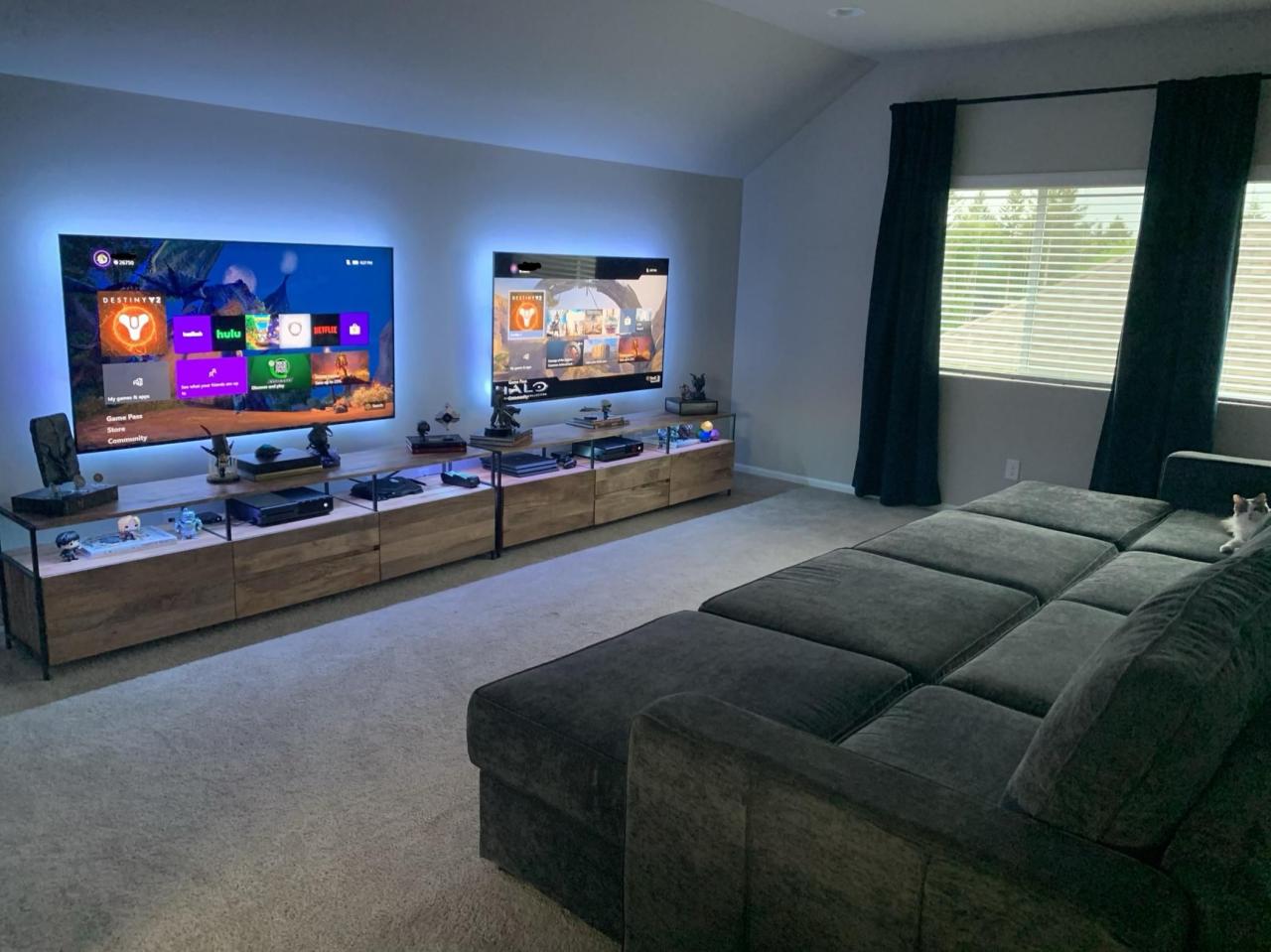
To present a credible and responsible view, it is crucial to acknowledge that the benefits of gaming are not automatic and that risks do exist. Gaming disorder, or addiction, is a real condition recognized by the World Health Organization. The competitive nature of some online games can also expose players to toxic behavior and harassment.
The key to unlocking the positive impacts of gaming while mitigating the risks lies in mindful gaming. This means approaching play with intention and self-awareness.
Tips for Mindful Gaming:
- Set Intentions and Limits: Before playing, ask yourself why you are playing. Is it to relax, to connect with friends, or to challenge yourself? Set clear time limits to ensure gaming does not interfere with sleep, work, or other responsibilities.
- Curate Your Community: Actively choose games and communities known for being positive and supportive. Do not hesitate to use mute, block, and report functions to protect yourself from toxicity.
- Check In With Your Emotions: Pay attention to how a game makes you feel. If a game is consistently causing more frustration and stress than enjoyment and relief, it may be time to take a break or switch to a different game.
- Balance is Key: Ensure that gaming is just one part of a balanced lifestyle that includes physical activity, face-to-face social interaction, and other hobbies.
Conclusion
The conversation has irrevocably shifted. We have moved beyond the tired, one-dimensional stereotypes and into a more enlightened understanding of interactive entertainment.
Video games are not a panacea for mental health struggles, but they are an undeniably powerful, accessible, and engaging tool that can be used to cultivate a healthier mind.
From sharpening our cognitive abilities and providing emotional relief to fostering vital social connections and building our resilience, the positive impacts are profound.
The challenges and risks are real, but they are manageable through a mindful and intentional approach to play. Like any powerful tool, its effect is determined not by its existence, but by the wisdom and care with which we wield it.
When approached with balance and self-awareness, gaming can be a meaningful and joyful path toward improved mental well-being.

